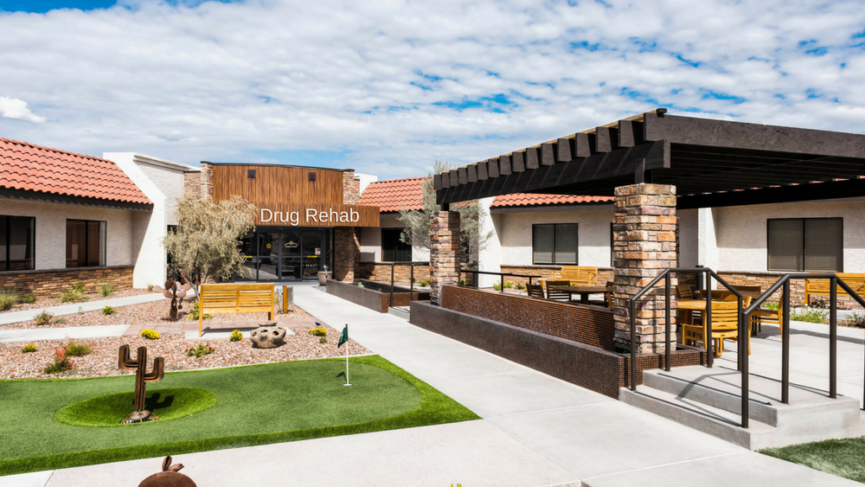All drug rehabs are different and unique in their own way, but overall they strive to achieve the same goal: sobriety. They all tend to approach sobriety in similar ways, and drug rehabs are meant to make its occupants feel as comfortable as possible. From struggles like mental breakdowns and withdrawal, a drug rehab is meant to be the glue that holds a person together and keeps them from breaking. So, what can we expect at a drug rehab?
Mornings in Rehab
A typical morning in a rehabilitation facility does not include sleeping in and lying around. Instead occupants are encourages to rise and shine for an early morning start. The day begins early and work is started immediately. But, it’s not what you think. Work doesn’t mean a 9-5 job, instead, it’s an effective march toward sobriety.
Breakfast
All rehab attendees are encouraged to have a hearty and healthy breakfast to start a productive day. Staying energized and nutritious is needed to get through the rest of the day.
Calming and Relaxing Activities
To avoid any early stress while in drug rehab, occupants are encouraged to practice calming yoga exercises and meditation. This is to calm, relax and clear the minds of those trying to recover from their addiction.
Early Meetings
Group sessions and morning meetings are also common in drug rehabilitation facilities following breakfast. Therapists and councilors are present to clarify and state any issues needing to be resolved.
Afternoons in Rehab
After all of the morning activities, it’s time for lunch. Occupants then are ready to get on with the rest of their day, because what’s next is intensive therapy.
Intensive Therapy
A few sessions follow quickly after lunch, and intensive therapy begins. Depending on the facility, any of the following common sessions will commence: individual behavioral therapy, group therapy, specialized sessions and family therapy. All of which tackle individual problems that will be best suited for those wishing to recover from their addiction.
Alternative Therapy
There are even a few non-traditional forms of intensive therapy. These include: dance therapy, art/music therapy, biofeedback, neurofeedback, exercise programs and equine therapy.
Session Hosts
A lot of drug rehabs tend to host seminars or assemblies that circle around a key speaker. These speakers host sessions that allow them to share their store and spark inspiration in those on the road to sobriety
Evenings in Rehab
Following intensive therapy, some drug rehab centers allow a bit of free time. This includes outdoor activities such as swimming, volleyball, soccer and more. Occupants are also welcome to do some reading or writing in their free time. Once dinner is finished, some centers host a few more small therapy sessions.
12-Step-Programs
These programs are often offered at most drug rehabilitation centers. 12-step-programs provide anonymity and a safe environment for occupants to bond and vent, aiding toward long-term sobriety.
Bedtime
Bedtime is encouraged to be at a reasonable hour to get occupants in the groove of a healthy habit.
The days then repeat to give ease comfort to all of those wishing to recover. They will avoid the hassle of adjusting any new routine, and the grounds for these routines encourage everyone to follow them even after they leave the rehab center. When you’re looking for a drug or alcohol rehab for a friend or family member, it’s important to know which one would best be suited for them.

